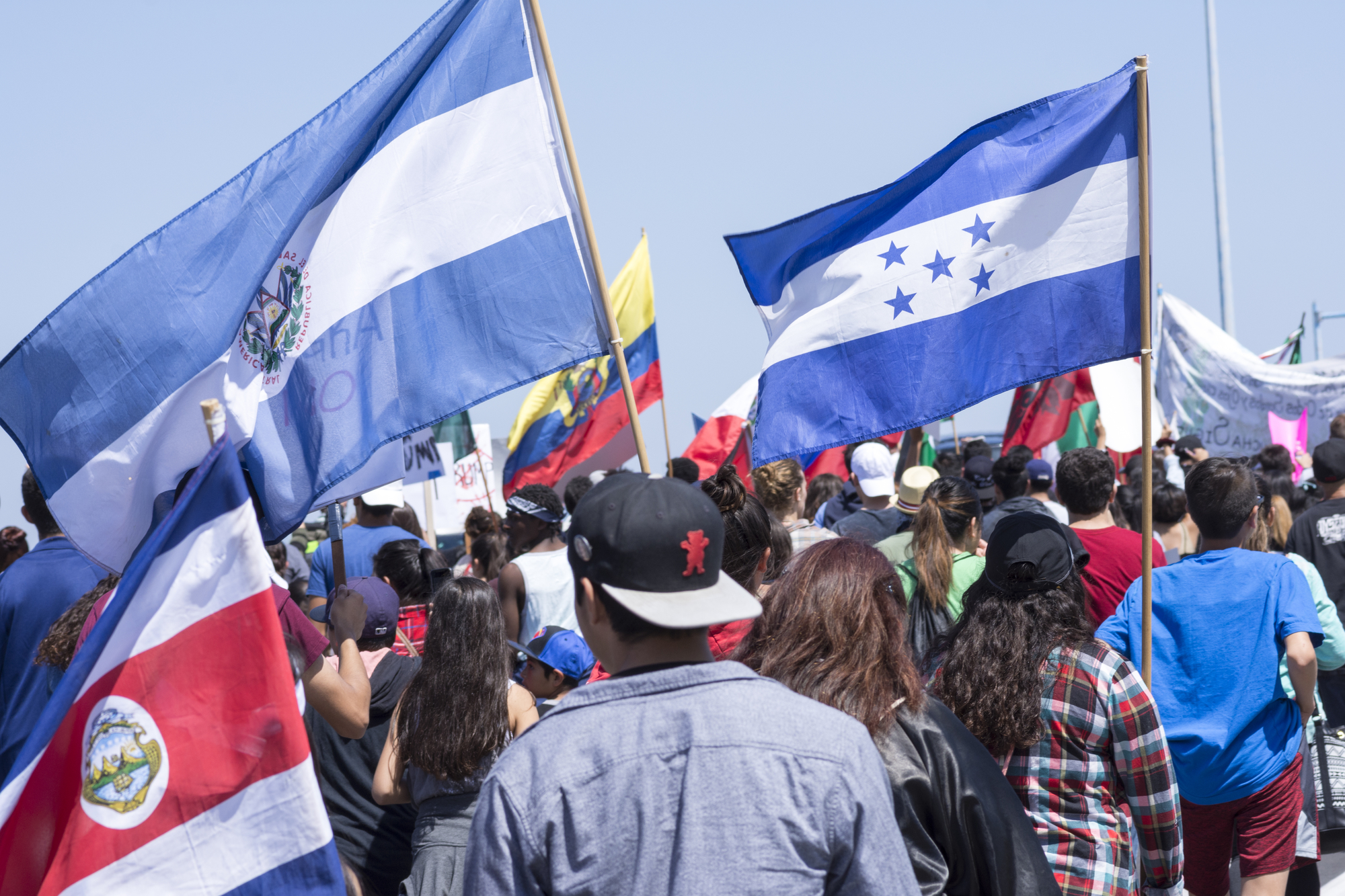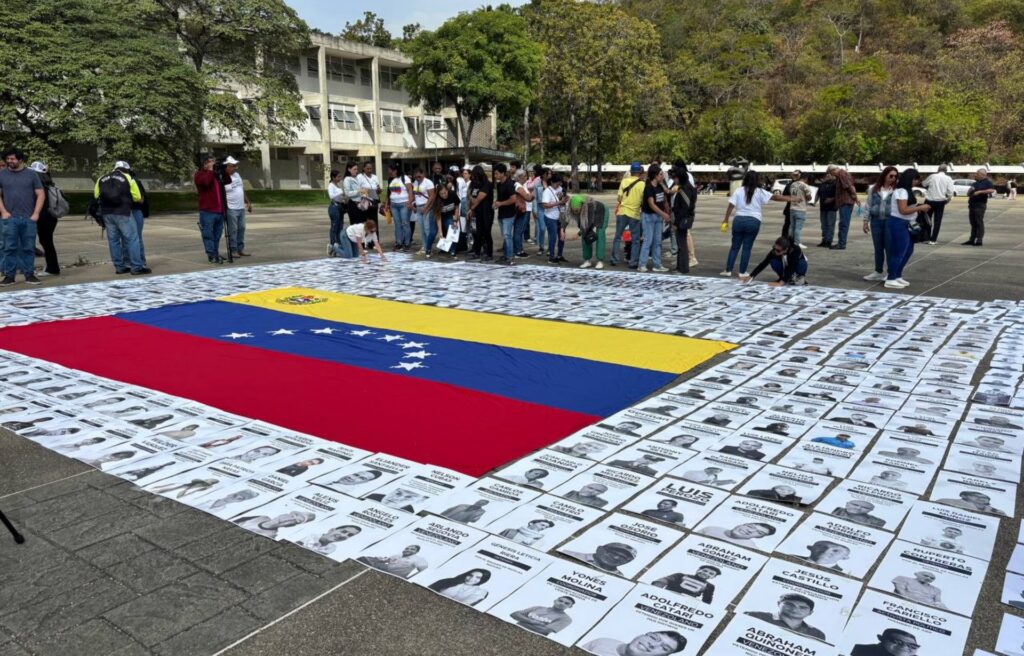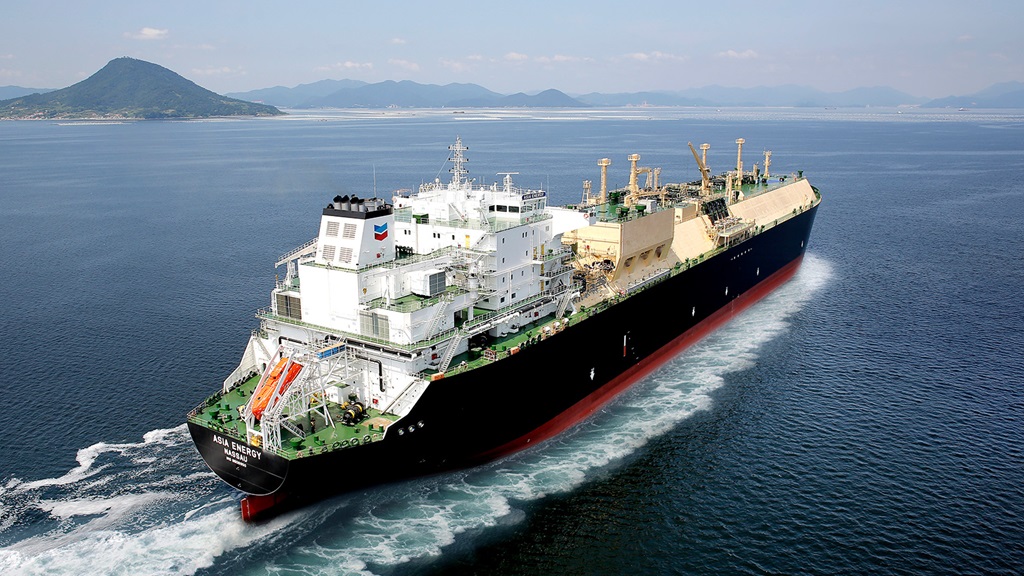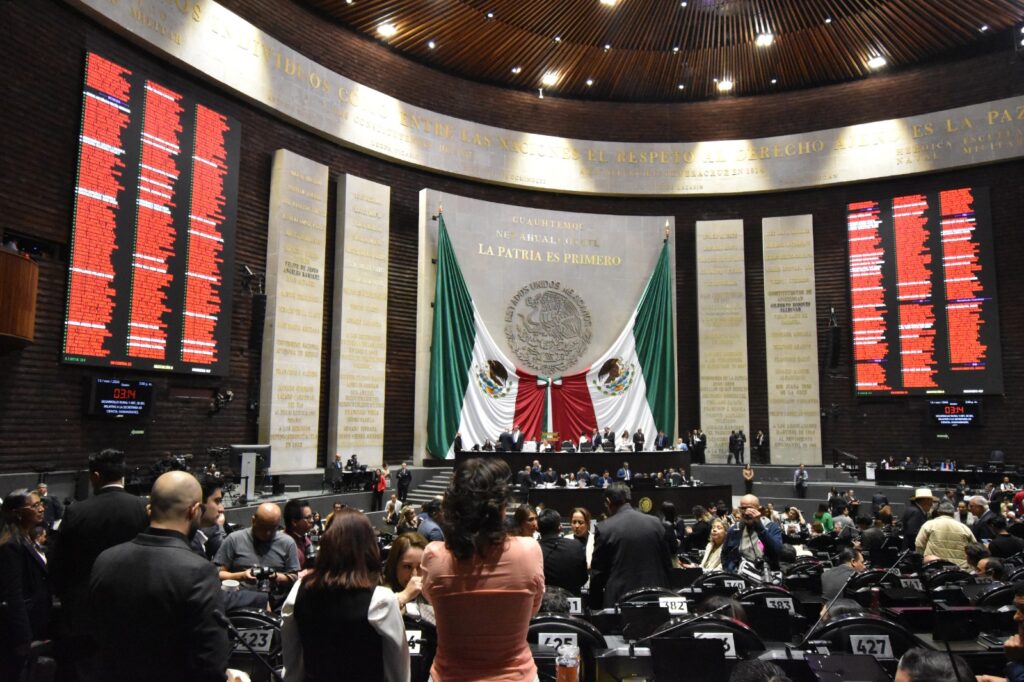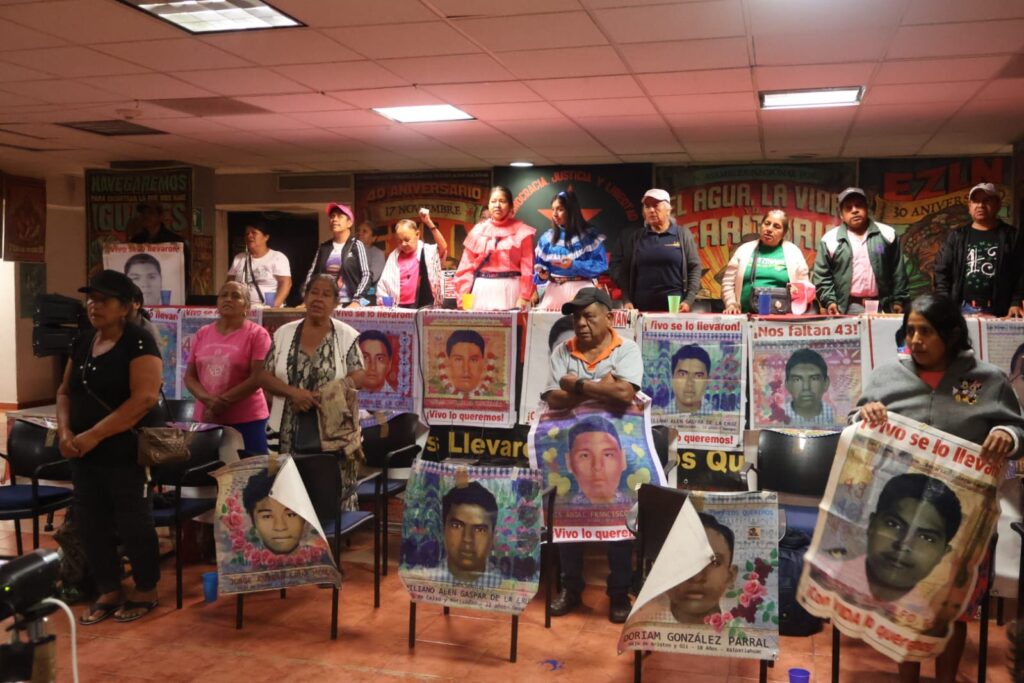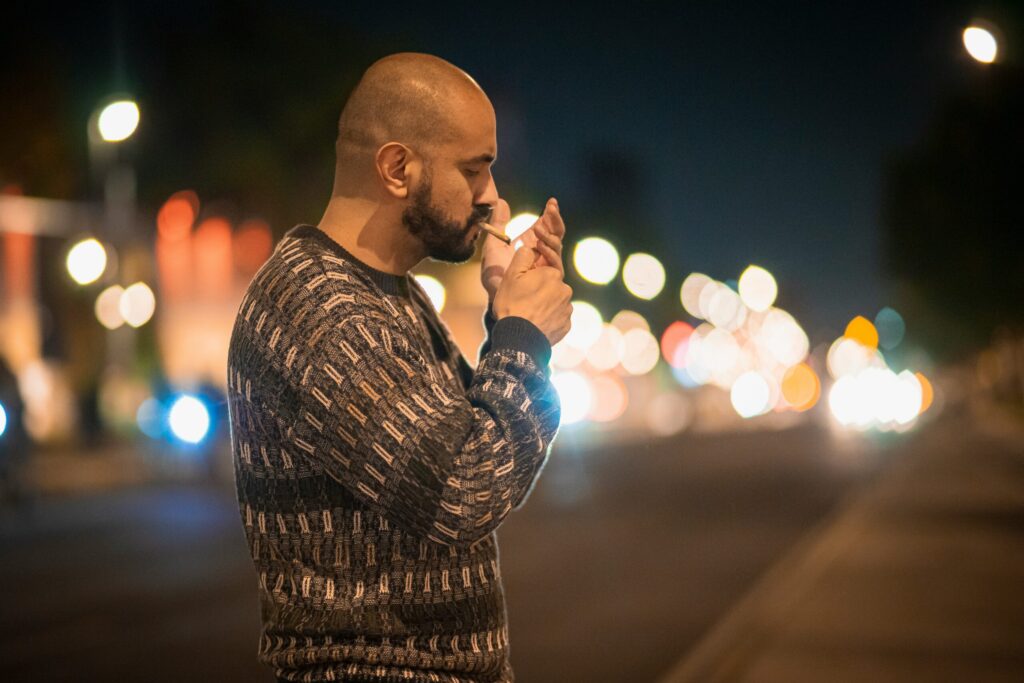The situation in the United States southern border is critical as close to 50,000 people are currently being held in Immigration and Customs Enforcement (ICE) detention centers – also contentiously known as concentration camps. The claims that migrants, in particular children, are being detained under inhumane circumstances has drawn the ire of civil rights groups, human rights organizations, and a growing group of US legislators. In spite of this, there is a group of people who remain conspicuously silent – Latin American leaders.
Their silence reflects a self-interested need to maintain good relations with the United States and a cold indifference with destitute citizens fleeing from violence and poverty that has been engendered by corrupt regimes.
Read more: How Trump’s new asylum rule puts migrants at risk
The United States is undergoing an immigration crisis, but according to reports, it has not been necessarily a product of increased migration to that country, rather authorities’ poor ability to respond to a change in immigration patterns. The status quo is: US authorities have detained more than 50,000 people since March, a number which Customs and Border Protection estimates increases by 2,000 per month, in concentration camps along the southern border. Children have been forcibly separated from their families and put in cages and remain under poor hygienic conditions. Moreover, raids to root out undocumented immigrants have been announced by US President Donald Trump – a move that has stoked racial tensions in that country.
While the issue has deeply shaken US society, the critical situation of many Central American citizens has not been a focus of the political debate in many Latin American countries. Nor has it generated the same kind of consternation as US threats on tariff and foreign aid withdrawals. This is in part because many Latin American governments, in particular those from Central America, are rightfully afraid of a retaliatory move by Trump. McKinsey & Company, a consultancy firm, notes that most of the region relies heavily on the US economically, either because the US is their main trade partner or because the US is a critical source of remittances.
Mexican President Andrés Manuel Lopez Obrador (AMLO), once a paragon of the Mexican left, has been quite docile in his relationship with the US. His country has strengthened its military operations and border security in southern Mexico following an empty threat by the US to impose tariffs on Mexico should the Mexicans not crack down on Central American migrants flowing through their country. The Mexican government even went so far as to boast that these actions have led to a 32 percent decline in migrant flows. This sharply contrasts the attitude that AMLO exhibited at the beginning of his presidency (just six months ago) when he advocated to include USD $5 billion in assistance to Central America, precisely to curb migration flows.
Read more: Mexico’s National Guard will be used to reduce immigration after negotiations with the U.S.
Another reason for the lack of action and engagement on the issue appears to lie with the fact that many people are fleeing El Salvador, Honduras, and Guatemala (also known as the Northern Triangle) because of the poor economic conditions, increasing violence, and state abandonment, partly caused by corrupt local elites in alignment with the US. In a rare display of honesty, recently sworn-in Salvadoran President Nayib Bukele recognized that the increased wave of migrants was rooted in poor conditions at home – which were largely the responsibility of Central American governments.
Political crises in Guatemala and Honduras are also a noteworthy push factor for migrants headed north. In Guatemala, a UN-backed (and US-supported) anti-impunity probe called the CICIG has implicated some of the country’s top leaders going back a couple of decades in corruption scandals, which include graft, murder, and war crimes. Honduras continues to be deeply engaged in a political crisis that goes back to 2009 when a coup was staged against President Manuel Zelaya. Needless to say, the political instability in these two countries is a large factor driving people to look for asylum in the US – the only jurisdiction where many migrants feel they can be safe.
As it turns out, the US is not necessarily the place where asylum seekers are the safest. Although hundreds of migrants die annually trying to make it to the US, it was not commonplace that migrants died once they were in US custody–this has changed. This abhorrent situation, which has forcibly separated children from their families and put them in cages, has been met by outrage in the US from human rights organizations and members of the opposition. However, it doesn’t stop to be shocking that many Latin American leaders have been eager to denounce human rights violations in Venezuela at the hands of the government of Nicolás Maduro but stayed so silent regarding the aberrant treatment by US authorities of Central American migrants. Where is their rock concert or the billionaire benefactor?
I’m not calling for Latin American leaders to stoke nationalism at home by countering the US, I am asking for leaders to be bold enough to call out the US for deliberately blowing the crisis out of proportion and willingly mistreating poor and destitute people – all with a clear electoral purpose. The only Latin American leader to hand the US government a strongly worded response to the crisis has been Michelle Bachelet – and that is as the UN High Commissioner for Human Rights – she was appalled by the conditions that migrants face.
The rest of Latin America needs to do better. Leaders who strongly denounce human rights violations elsewhere must also sternly condemn US violations of human rights – even if it comes at a cost of deteriorating relations with the US or the threat of increased tariffs. The silence of Latin American leaders towards the situation on the US border is not only heartless, but it also gives the people responsible for the situation the impression that no matter what they do to us, Latin America will always faithfully continue to be the United States’ backyard.
Sergio Guzmán is the Director of Colombia Risk Analysis, a political risk consulting firm based in Bogotá. Follow him on twitter @SergioGuzmanE and @ColombiaRisk
This opinion column is intended as a space to discuss some of the most pressing issues faced by Colombia and the region in these uncertain times. All opinions and content are solely the opinion of the author and do not represent the viewpoints of Latin America Reports.


